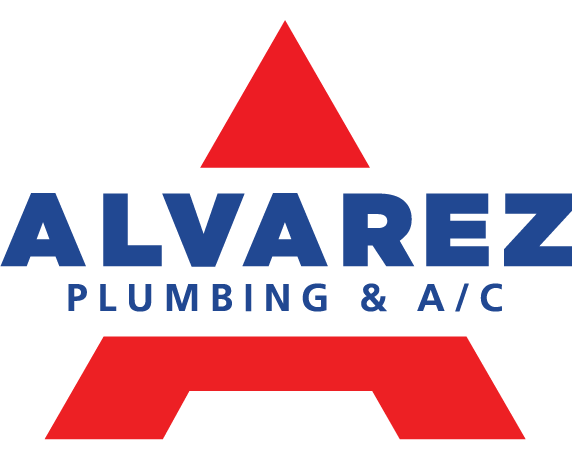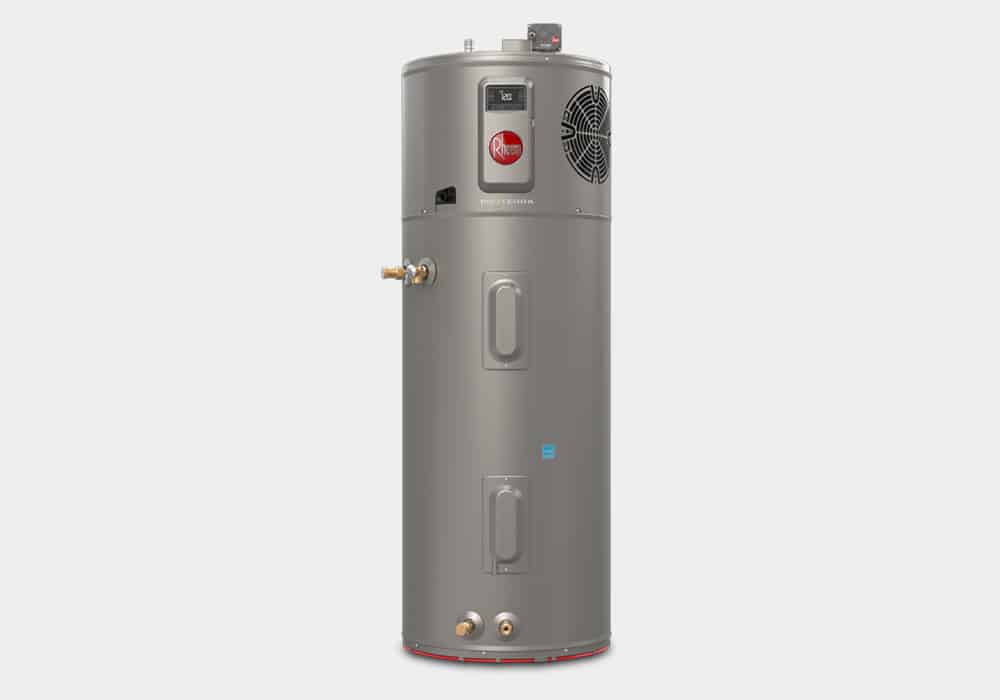Actually, Get Paid for Putting in a Hybrid Water Heater – Too Good To Be True?!
Many homeowners are considering upgrading to more energy-efficient appliances, and hybrid water heaters are a popular choice. But does the initial investment, especially with financing, truly lead to net positive cash flow? Let’s dive in.
What is a Hybrid Water Heater?
Hybrid water heaters, also known as heat pump water heaters, utilize electricity to power a heat pump that transfers heat from the surrounding air to the water. This technology offers significant energy savings compared to traditional electric water heaters.
The Upfront Cost:
- Initial Investment: Hybrid water heaters typically have a higher upfront cost than traditional electric models.
- Financing Options: Many homeowners finance the purchase through home improvement loans or other financing options.
Long-Term Savings:
- Reduced Energy Bills: Hybrid water heaters significantly reduce energy consumption, translating to lower electricity bills.
- Government Incentives: In some cases, you may be eligible for tax credits or rebates for installing an energy-efficient water heater.
- Increased Home Value: Energy-efficient appliances can increase the resale value of your home.
Calculating Net Positive Cash Flow:
To determine if a financed hybrid water heater will result in net positive cash flow, you need to consider several factors:
- Energy Savings: Estimate your anticipated annual energy savings based on your current water usage and the efficiency of the hybrid model.
- Financing Costs: Calculate the total interest you’ll pay on the loan over the life of the loan.
- Incentives and Rebates: Factor in any potential tax credits or rebates you may qualify for.
- Longevity: Consider the lifespan of the hybrid water heater and compare it to the cost of replacing a traditional electric model.
Example:
Let’s say a hybrid water heater costs $3500 with a 11-year loan at 9.95% interest. That would yield a payment of $43.75 or $525 per year. Your estimated annual energy savings is $600. (This will fluctuate based on water usage…this is extremely conservative) This is before any federal rebates you are eligible for.
Conclusion:
While the initial investment in a hybrid water heater may seem daunting, it can lead to significant long-term energy savings and potential financial benefits. By carefully analyzing your energy usage, financing options, and available incentives, you can determine if a hybrid water heater is a worthwhile investment for your home.
Disclaimer: This information is for general knowledge and informational purposes only and does not constitute financial or investment advice.
If you’re considering a hybrid water heater, it’s highly recommended to consult with a qualified plumbing professional to discuss your specific needs and get a personalized assessment.
Do you have any other questions about hybrid water heaters or home energy efficiency?




Recent Comments